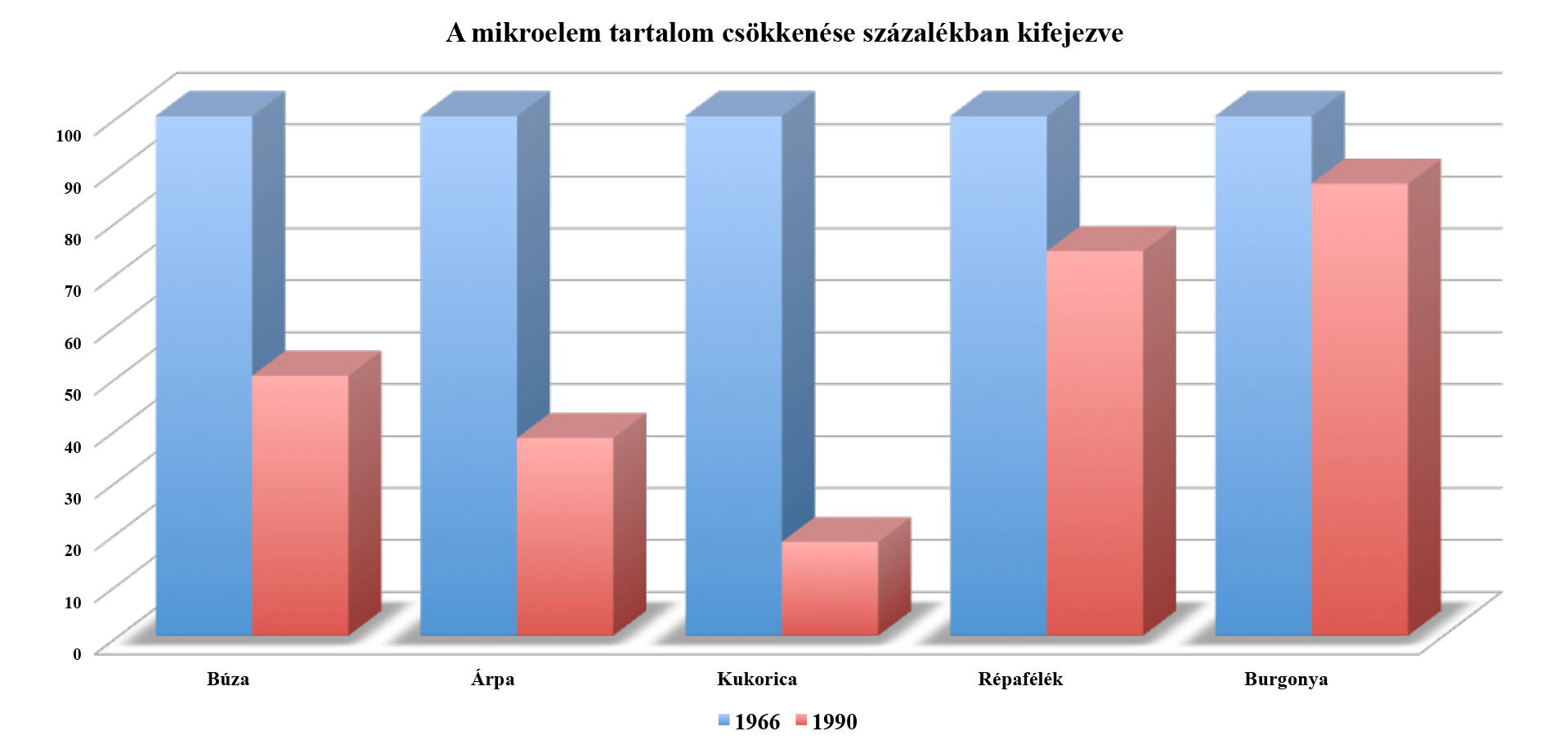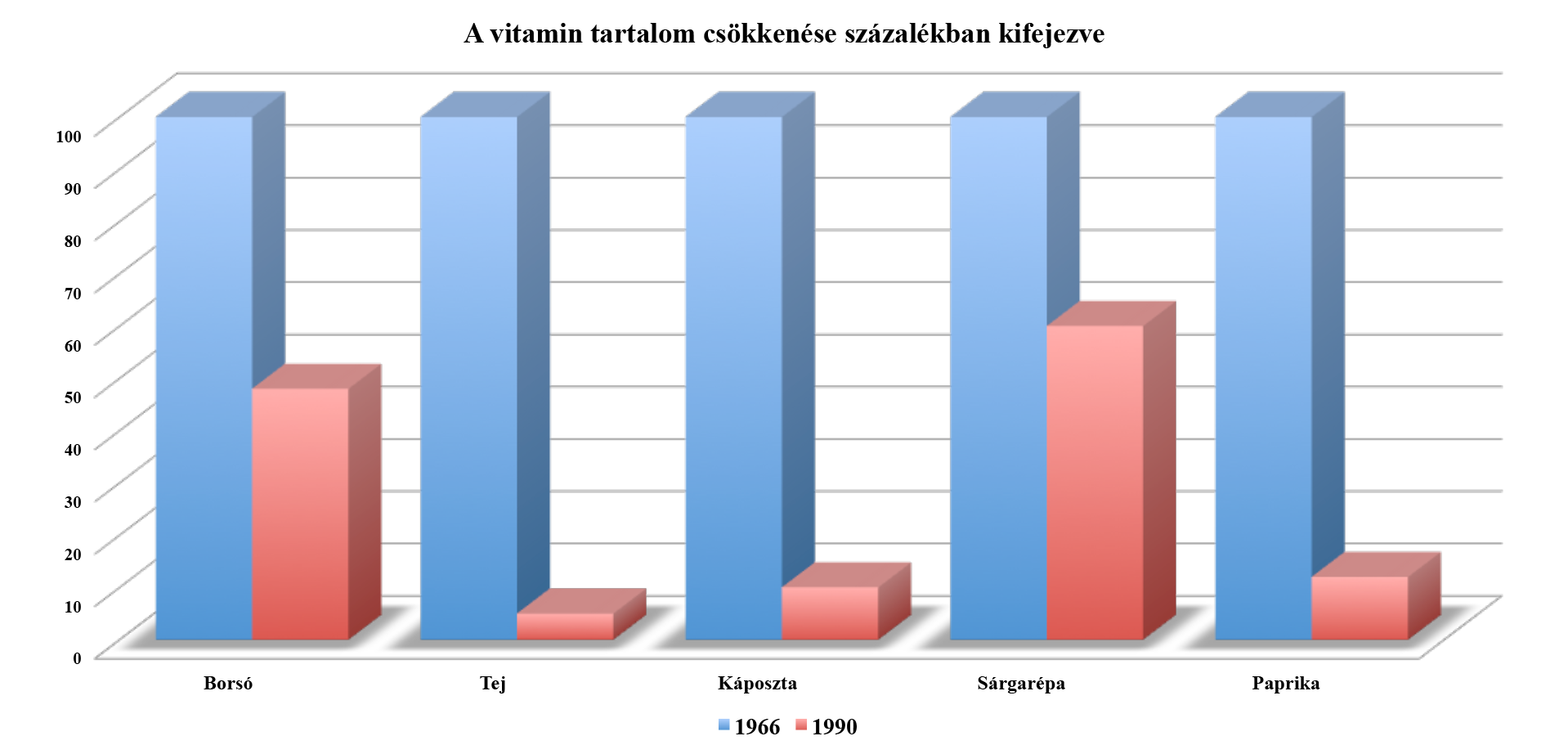On hearing the term ‘nutritional deficiencies’, most of us think of very rare, sometimes exotic-sounding diseases from bygone centuries, such as night blindness (vitamin A deficiency), beriberi (vitamin B1 deficiency), pellagra (vitamin B3 deficiency), pernicious anaemia (vitamin B12 deficiency), scurvy (vitamin C deficiency), rickets (vitamin D deficiency) and bleeding disorder (vitamin K deficiency).
These serious illnesses can often dictate the way health professionals think to such an extent that it rarely occurs to them to suspect that relative deficiencies, which are hard to detect, other than obvious disease processes underlie known conditions. In some cases, however, such deficiencies may be the underlying cause, and eliminating them could contribute to restoring good health.
Deficiency states may occur when the body does not receive sufficient amounts of a necessary substance, or when a nutrient is not absorbed or utilised in appropriate quantities; or when the body has an increased need for a substance which cannot be met by eating a normal amount of food. An example of the latter is that, in the modern world, various harmful agents, such as air pollution, stress, smoking, UV radiation and alike, can cause free radicals to form to such a degree that the body’s production of antioxidants cannot keep up, which can lead to numerous disease processes being triggered.
Our antioxidant system consists in part of our own enzymes (superoxide dismutase, catalase, glutathione peroxidase) and in part of antioxidant vitamins (e.g. vitamins B2, E and C). Thus the right quantity and quality of vitamins can act as protective factors. Whereas the human body can produce antioxidant enzymes itself, the active centre of these enzymes is provided by microelements that we can only obtain from our diet, such as zinc, manganese, copper and iron. In the absence of these, the enzymes are unable to perform their functions.
The vital nutritional value of our food
has been reduced to a fraction of
what it used to be in a few decades
Another reason it is helpful to think of deficiency states as pathogenic factors is because, although most deficiencies can be prevented or avoided with a well-balanced, healthy diet, based on research data published by Dr Géza Márai, professor of agricultural engineering and research professor at Szent István University in Gödöllő, Hungary, it can be stated that in recent decades the mineral or vitamin content of certain foods has decreased by over 90% in Hungary. Since the study was made, no change has occurred in Hungarian agriculture to reverse this trend in a positive direction. Our scientifically formulated, complex dietary supplements can help to resolve absolute or relative nutritional deficiency states that have developed.
Qualitative starvation
and over-nutrition at the same time
It is important to know that there are two forms of hunger. Quantitative or absolute hunger is when someone does not receive the amount of energy they need to maintain their health (on average, this means 2,200-2,500 kcal). Qualitative hunger, on the other hand, occurs when, although the daily energy requirement is met, one or more nutrients (carbohydrates, proteins, vitamins or minerals) are not available to the body in sufficient quantities or proportions. In other words, an unvaried diet can sooner or later lead to qualitative malnutrition (undernourishment) and eventually to a real nutritional deficiency. 1
As the body senses the lack of a necessary nutrient, it turns on the hunger centre because it does not know that, however big a quantity of the unvaried foods is eaten, it will not get the quantity and quality of vitamins, macro- and microelements it needs. The right quantity and proportion of micronutrients – vitamins and minerals – is essential for the body to function properly. For this reason, in all seasons people of all ages should eat wholegrain cereals, vegetables, fruit, milk, dairy products and meat every day, potatoes, rice and eggs several times a week, oilseeds, dry pulses and fish once a week, and offal every fortnight or so. 1
1 http: //www.debkard.hu/?view=553



